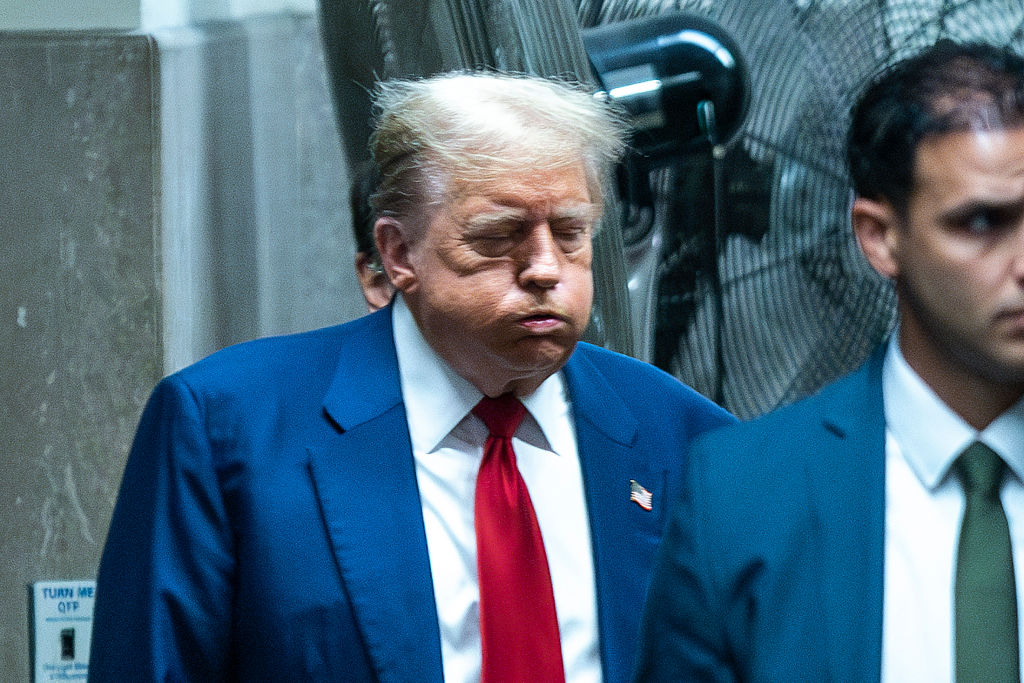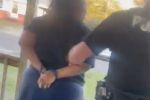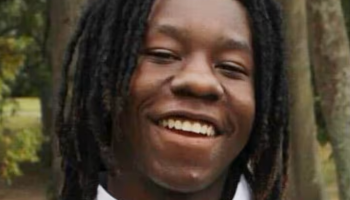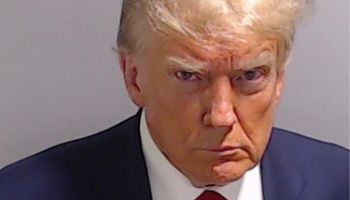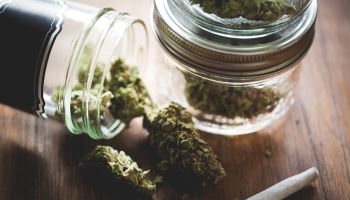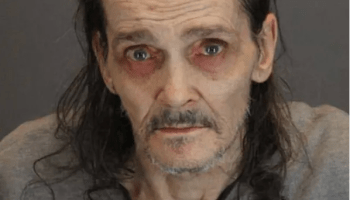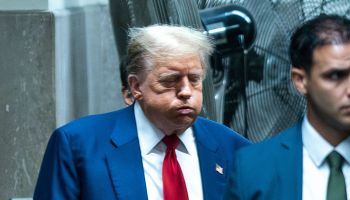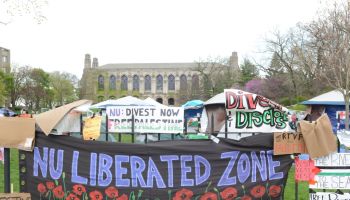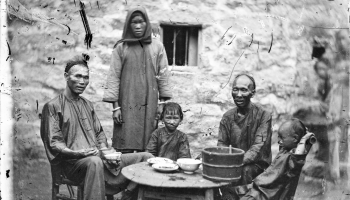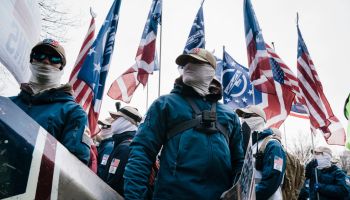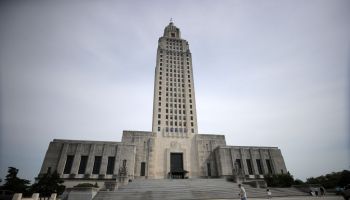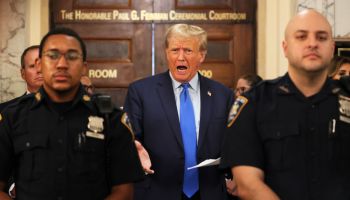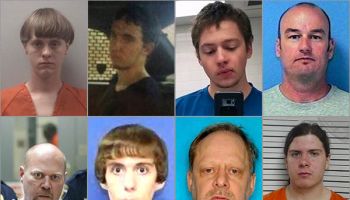Often times peaceful protests turn violent. Many times police turn on protesters with violence, and sometimes peaceful protesters turn violent when confronted by police unjustly. There is a thin line between a peaceful protest and a riot. Sometimes violent people take advantage of peaceful protests to wreak havoc.
5. Oscar Grant Protests
One week after Oscar Grant was killed while on the floor unarmed at the Fruitvale BART station by a police officer, 500 people returned to the station to protest his death.
After the march approached BART headquarters, police used teargas on protesters. Despite the fact that 120 people were arrested for the riot, only two were charged.
4. Tottenham Protests
On August 6 2011, several people in the Tottenham area of London organized a protest march over the killing of an unarmed man by the name of Mark Duggan. The march finished at the Tottenham police station where organizers demanded to speak to senior police officials.
After police officials refused to meet with protesters and a 16-year-old girl was attacked, riots broke out that would eventually spread across all of England and crippled the country for weeks.
3. Birmingham Civil Rights Protest
In 1962, Martin Luther King and several other civil rights organizers organized a protest on the city of Birmingham, Alabama. In 1963, sheriff Bull Connor decided to deal with the protests using fire hoses and police dogs.
The images of African Americans being brutalized by police with dogs and hoses as well as Martin Luther King’s arrest served as a catalyst for the movement.
2. Greensboro 1976 KKK Protest
In 1979, several anti-racist organizers started a march against the Klu Klux Klan called “Death To The Klan.” The marchers were confronted by Klansmen and members of the American Nazi Party.
After physical altercations between marchers and white supremacists, white supremacists pulled guns and shot and killed five marchers including nurse and civil rights activist, Sandi Smith, Dr. James Walker, Dr. Michael Nathan, and Bill Sampson, a graduate of the Harvard Divinity School.
1. Soweto Uprising
In 1976, several African students in the South African township of Soweto organized a protest to protest recent laws forcing them to learn the language of their white, Dutch oppressors.
During the protest, 20,000 students marched and 176 were killed by South African police. The protests and subsequent violence serve as an important historical turning point in the fight against apartheid.
